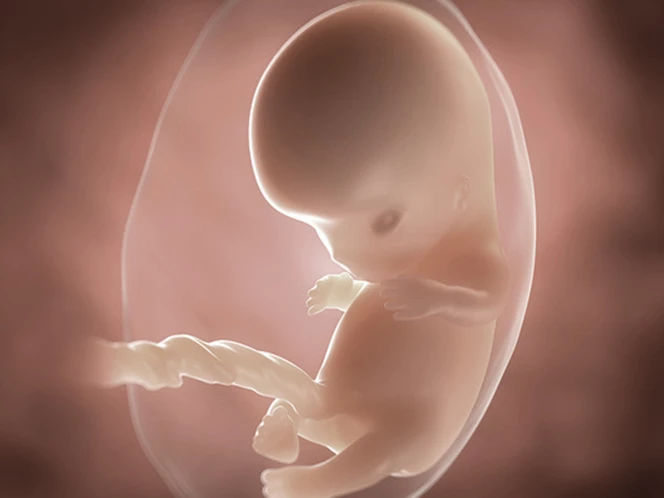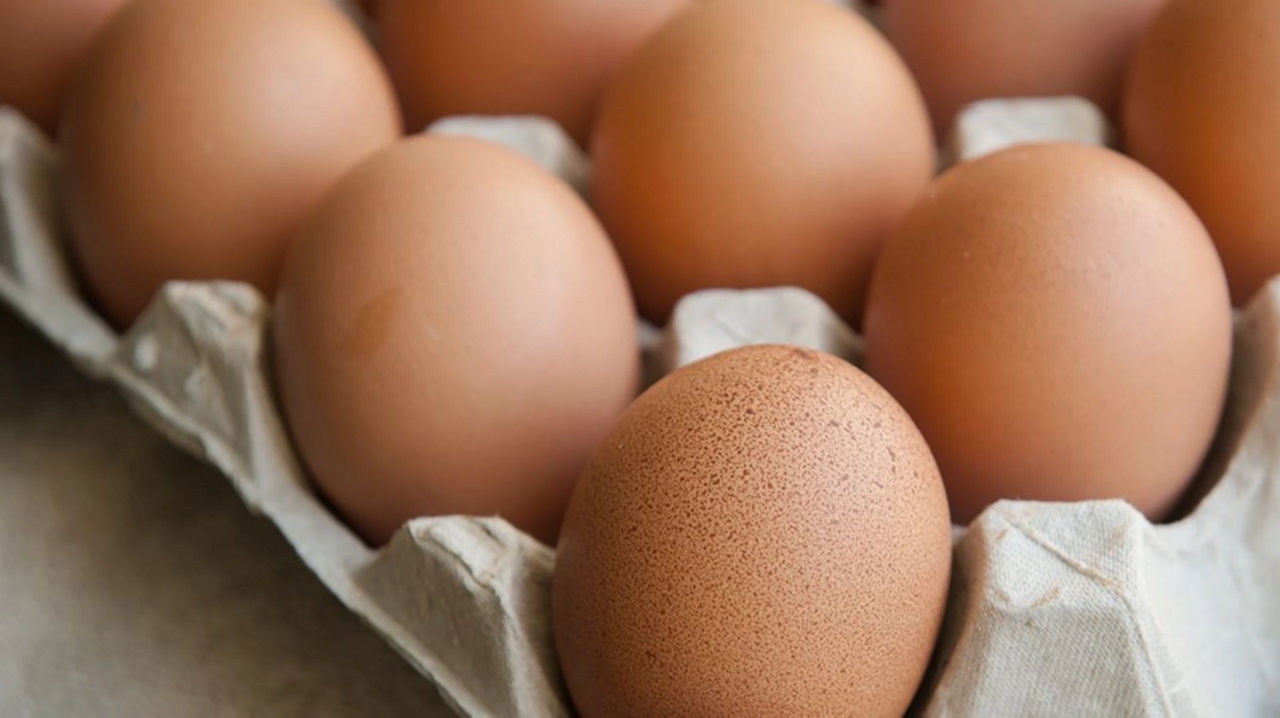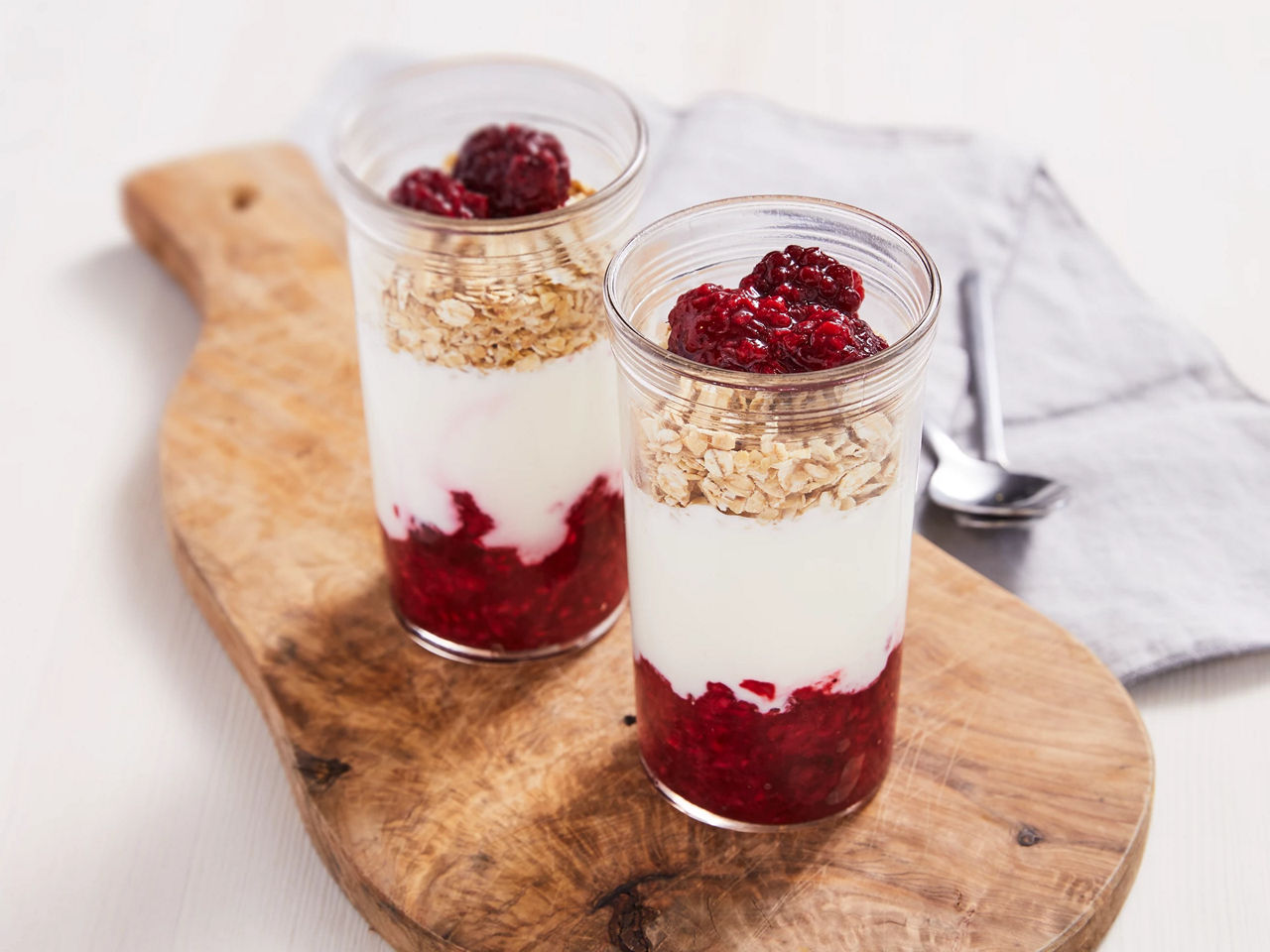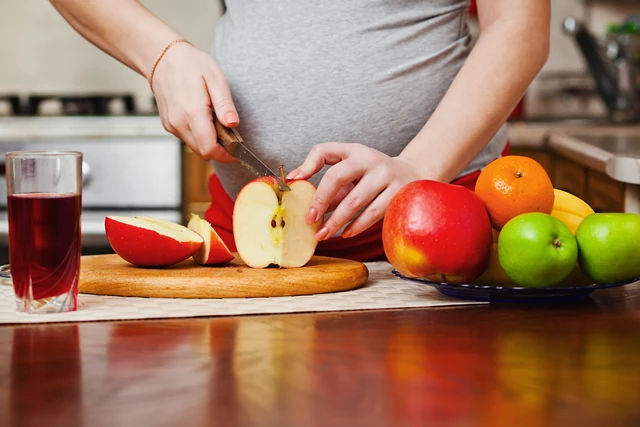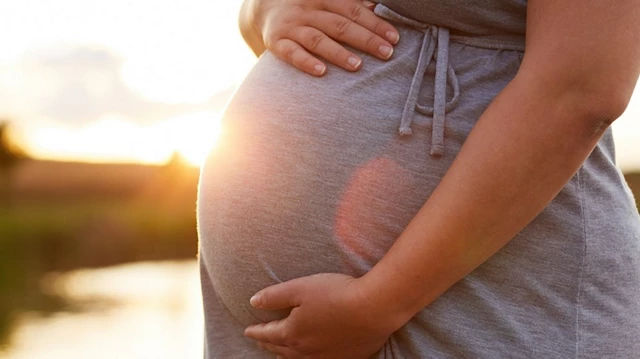When you are 9 weeks pregnant your baby’s mouth and tongue have started to form and taste buds are already in place1. Measuring between 2cm and 3cm long from head to bottom, they’re roughly the size of a cherry. At this stage, your baby’s eyes are becoming more defined1 and their nose has assumed a recognisable shape2.
Your baby’s major organs, including their brain, heart, lungs and kidneys, continue to develop. It’s still too early to see their gender on an ultrasound, but your baby’s tiny movements may be visible3 – a sign of their muscles starting to form4. Your midwife may also be able to hear your baby’s rapid heartbeat through a handheld doppler (ultrasound device) on your abdomen4.

